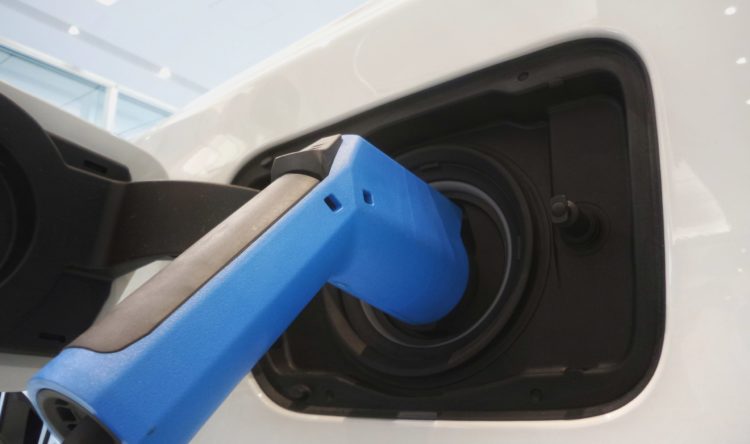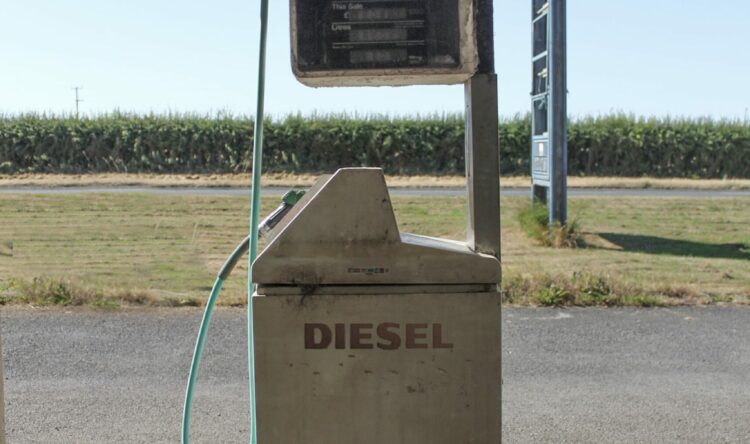EV cost concerns
Extra costs are putting off EV ownership
The biggest driver putting motorists off electric cars is the upfront cost.
The new research come from Direct Line Motor Insurance.
For motorists who don’t currently own an electric vehicle (EV), 32% say the upfront cost is their biggest concern. Surprisingly, 32% believe EVs are more expensive to run than petrol cars.
But Direct Line analysis found electric vehicles actually cost £107 a year less than a petrol vehicle over a car’s lifetime. These costs are predicted to continue decreasing. On average an electric vehicle would cost £3,752 a year over the course of its life. This compares to £3,858 for a petrol car.
The higher purchase cost for electric vehicles is offset by lower running costs, as well as lower tax and maintenance charges.
Plugging in
Other than cost, the biggest concerns about electric vehicles are lack of access to charging points. Away from home, 20% were worried, while concerns over home charging affected 16%.
However, just a third of motorists (31%) would be happy for an electric vehicle public charging point to be installed outside their home.
Attitudes to the positioning of electric chargers may have to change in many parts of the country. Analysis of the provision of electric vehicle chargers by parliamentary constituencies by the Parliamentary Advisory Council for Transport Safety (PACTS)3 revealed issues.
The constituencies across the country with the fewest public charging facilities are Birmingham Perry Barr and the Rhondda. Neither had any public charge points.
At the other end of the scale, Glasgow Central and Leeds Central have the greatest proportion of public charging points. Per 100 electric vehicles, they boast 139 and 127 respectively. That is more than the number of electric cars on their roads. Liverpool Riverside and Coventry North East also have more chargers than vehicles.
The best and worst constituencies for electric charging facilities per 100 electric vehicles
| The constituencies where you’ll find the most chargers per 100 electric cars | Number of chargers per 100 electric cars | The constituencies where you’ll find the least chargers per electric car | Number of chargers per 100 electric cars |
| Glasgow Central | 139 | Birmingham Perry Barr | 0 |
| Leeds Central | 127 | Rhondda | 0 |
| Liverpool Riverside | 118.7 | Harrow East | 0.9 |
| Coventry North East | 101.3 | Cheadle | 1 |
| Middlesbrough | 96.3 | Maidenhead | 1.6 |
| Preston | 85.7 | Brentwood and Ongar | 1.9 |
| Manchester Central | 83 | Makerfield | 2.1 |
| Birmingham Ladywood | 82.7 | Altrincham and Sale West | 2.1 |
| Hammersmith | 80.2 | Orpington | 2.2 |
| Westminster Central | 70.1 | Ruislip, Northwood, and Pinner | 2.3 |
Source: PACTS data analysed by Direct Line Motor Insurance, 2021
Positive outlook
Half (49%) of all motorists – the equivalent of 18 million people – would be happy to own an electric vehicle. Despite concerns over cost and infrastructure, they would be happy to turn electric today. For the under-35s the number rises to 64% for future expectation, with 28% happy to own one now.
Ian Exworth at Direct Line, commented: “Millions are open to owning an electric vehicle, which is brilliant, but many are still understandably concerned about factors such as cost and infrastructure availability.
“It is fascinating however, that it is the younger drivers who are leading the way with nearly two out of three of them keen to own electric cars. Nearly half of all those who say they want to own an electric car now are under-35 which is a real insight into how the roads of the not too distant future will look.”
David Davies, executive director of PACTS, says: “Electric vehicles are not only cleaner but are also safer vehicles as they come with all the latest safety features. They will help to reduce carbon emissions, improve air quality, and cut casualties.






